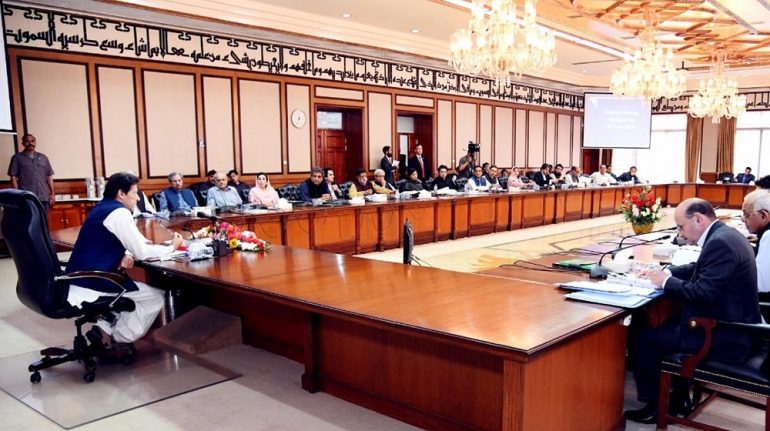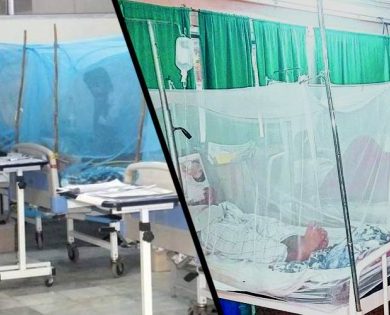After a two-year delay, the cabinet has now approved the Strategic Trade Policy Framework 2020-25 on Tuesday (9th November). The framework calls for actions that will help businesses create, distribute, and sell items more efficiently than their competitors.
This is the government’s fourth strategic framework, which it unveiled in 2009 and earmarked Rs45 billion to achieve over the following five years by providing subsidies and other support to non-textile sectors.
Unlike previous frameworks, the government did not set an export target in conjunction with sectoral support. The government has directed the finance department to develop a realistic export target and submit it for approval to the Economic Coordination Committee. It was previously proposed that the strategy would assist in raising the export target to $37 billion by the end of its implementation.
The commerce division has previously announced three policy frameworks for 2009-12, 2012-15, and 2015-18; however, none of them was effective in fulfilling their objectives, particularly in terms of export targets, due to a variety of factors. Previous frameworks were likewise unsuccessful in changing the export paradigm.
Officials said the government would shortly approve the Textile and Apparel Policy 2020-25, which includes monetary incentives and lower utility costs to stimulate textile production and export. The textile sector receives billions of rupees in support, particularly in the form of utility cost subsidies.
The government will soon approve a program for the payment of Drawback of Local Taxes and Levy, which is essentially a financial subsidy on the country’s export revenues. This will be a new source of funding for the sector.
The State Bank of Pakistan would also provide substantial incentives to entrepreneurs, with the scheme becoming part of Pakistan’s textile policy. A substantial sum is requested for the Export Finance Scheme and the Long-Term Financing Facility.
Geographic and product diversification will be the main focus of the policy framework 2020-25, as will the reduction of manufacturing costs through tariff rationalization, the pursuit of regional connectivity and the Look Africa policy, and the enhancement of market access through free trade and preferential trade agreements.
The framework will also focus on improving regional connections for access to Central Asian Republics, Turkey, and Iran, and through them, Europe and Russia, as well as logistics and tracking under TIR.
The policy is fluid, and it will be subject to course corrections based on ongoing monitoring and evaluation. There will be an institutionalized process for effective policy monitoring and execution to reduce policy implementation gaps, which have traditionally remained a weak link in the export ecosystem due to multi-organizational functions.
A cross-functional National Export Development Board (NEDB), chaired by the prime minister and made up of top public sector officials from key institutions as well as private sector representatives, has already been established to supervise policy execution.



